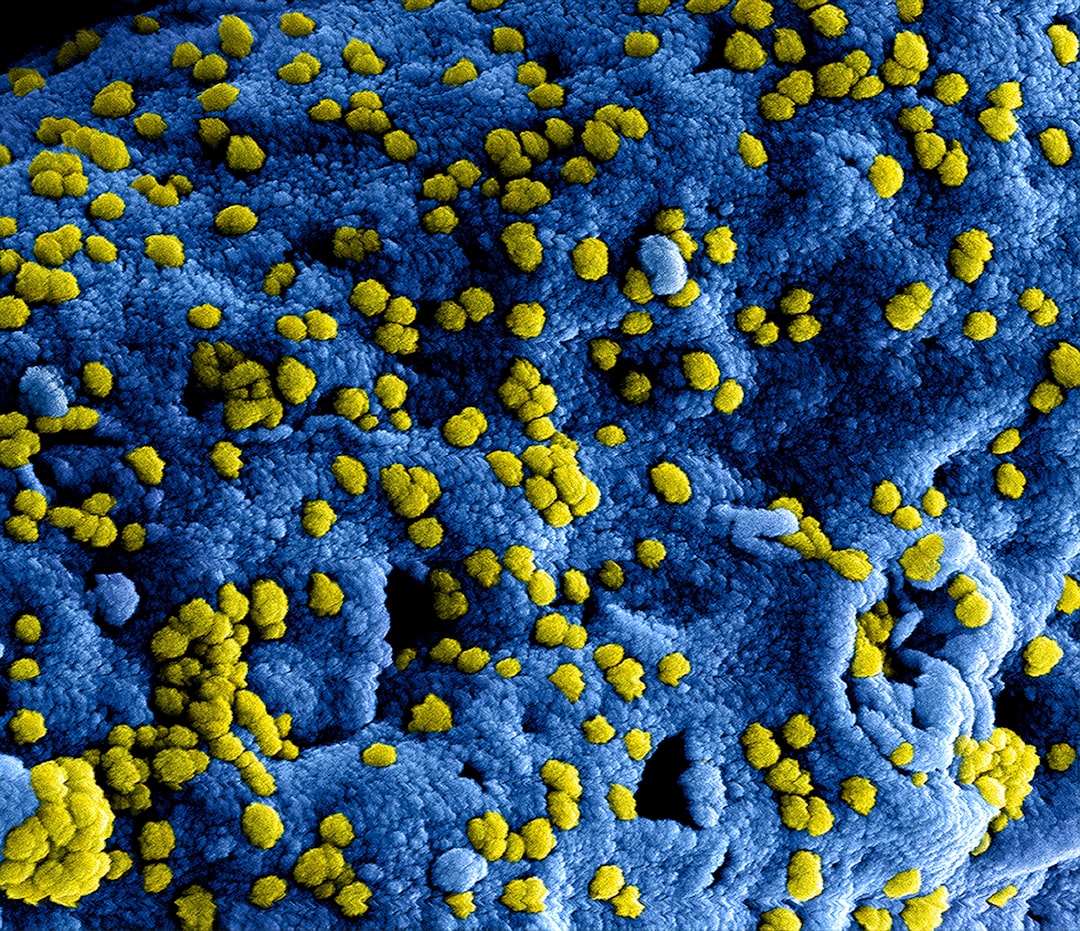What is it about?
GSK-3 has been revealed as one of the master regulators of a diverse range of signaling pathways participating in the regulation of numerous cellular functions. In addition, many studies have pointed to an association of GSK-3 dysregulation, particularly hyperactivation, with the onset and progression of human diseases such diabetes, Alzheimer, and particularly in cancer, making it an attractive therapeutic target. However, this application have been complicated because the mechanisms regulating GSK-3 have proven to be a topic of great debate because they are varied and not fully understood. In addition, it has been found that GSK-3 can act as a tumor suppressor or it can promote cell proliferation in different types of cancer. This mini review focuses on the mechanisms of GSK3 regulation and on the role played by GSK-3 in cancer using as model colon cancer.
Featured Image
Why is it important?
The understanding of the diverse mechanisms of GSK-3 regulation and how this protein could be used as therapeutic target is important, due the key participation of this protein in many cellular functions and cancer progression
Perspectives
This mini review helps to understand the current knowledge about the regulatory mechanisms of GSK-3, which is a key enzyme involved in several important human diseases such as diabetes, Alzheimer and cancer..
Professor Martha Robles-Flores
Universidad Nacional Autonoma de Mexico
Read the Original
This page is a summary of: Glycogen synthase kinase 3 in Wnt signaling pathway and cancer, IUBMB Life, November 2015, Wiley,
DOI: 10.1002/iub.1454.
You can read the full text:
Contributors
The following have contributed to this page










